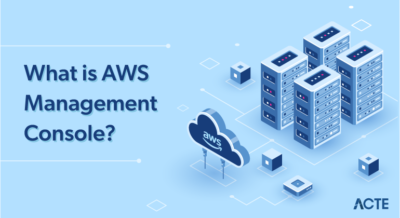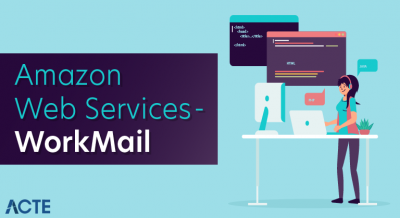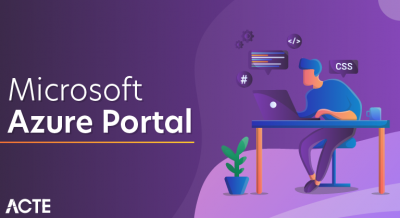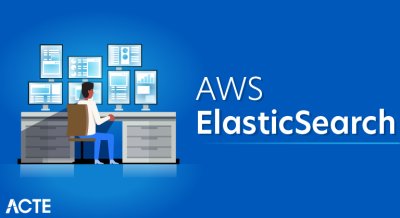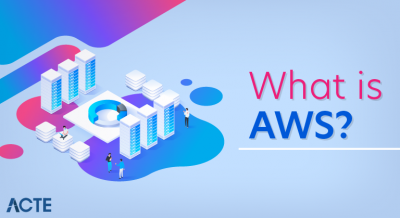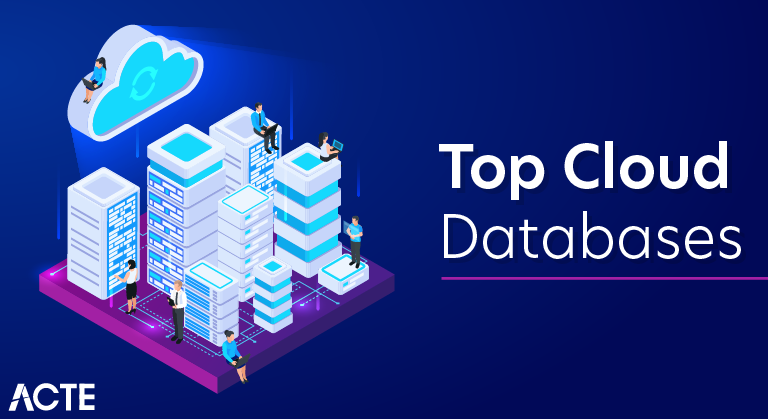
What are Cloud Databases?
- First, let’s look into what a cloud database software is and how it can be beneficial for your startup. A cloud database is a storage system that lets you save files and data on a server that is connected to the internet. With a cloud database service provider, all the info stored in your company’s computers is transferred to the database that you access through the internet.
- You no longer have to worry about running out of storage space, or hiring a technician every time your computer conks out, or when there is intermittent weather that can cause damage to your machines. All your data is stored in the “clouds” somewhere in the wide, wide world of the internet.
- As a startup, getting a cloud database service provider can be costly, but there are free software that you can get that are free or almost free. There are databases that come with free use for a limited time that will allow you to choose the best one for your startup. Here are the top ten best and free cloud-based database software:
- A cloud database is a scalable content database running on a cloud computing platform that could be private, public or hybrid.
- There are two cloud database environment models, namely, Traditional cloud model and Database-as-a-service (DBaaS).
- In the Traditional cloud model, the content database will be run on the particular enterprise’s infrastructure and any oversight will fall into the shoulders of IT staffers of the company.
- On the other hand, DBaaS runs on the service provider’s infrastructure and they (the vendor) would be responsible for any hitches or glitches should they occur.
- The service provider assumes the full responsibility of handling client database leaving them to focus on operations and business goals.
Here are the main advantages of cloud databases:
Getting rid of physical infrastructure : It is the responsibility of the cloud service provider to maintain the database, provide storage and other infrastructure.
Scalability : Contracting with DBaaS, allows for automatic scalablilty most of the time, during peak business hours or unexpected spikes during festivals and special days.
Cost effectiveness : Reduced capital expenditure for enterprises is another advantage, because they no longer have to worry about operational costs or upgrading the infrastructure because all this will be handled by the cloud vendor.
Latest technology availability : Enterprises no longer have to worry about shelling money on buying new technologies because updated infrastructure is the headache of the cloud vendor.
Keeping that in mind, let’s look at some of the best databases that would be best for your business:
Top 7 Cloud Databases for 2020
1. Web Service (AWS) :
Amazon has become the market leader in the DBaaS space. It offers supplementary data-management services such as Redshift, a data warehouse and Data Pipeline, which is a data integrating service for easier data management. Amazon’s current offerings include:
- Amazon RDS : Amazon’s Relational Database Service runs on either Oracle, SQL or MySQL server instances.
- Amazon SimpleDB : This is primarily a schema-less database that is meant to handle smaller workloads.
- Amazon DynamoDB : This falls on the NoSQL databases (SSD), capable of automatically replicating workloads across three availability zones.
Strengths: Lots of Features, Easy to Use, Good Support and Documentation
Weaknesses: Not Too Customizable, Downtimes as per Amazon’s Schedule
2. Oracle Database
- Oracle Database provides companies with enterprise-scale database technology stored in the cloud. Despite its first offering being quite comprehensive, the Generation 2 offering has consistently higher performance with extensive governance and security controls.
- Data migration is also covered with a dedicated solution and tight customer support in case any technical issues or questions arise.
Strengths: Intuitive Interface, Easy to Use, Solid Customer Support
Weaknesses: No Free Version, No Mobile Access, Pricey for Small Companies
3 . Microsoft Azure
- In a nutshell, Azure is a cloud computing platform for VM creation, building and running web-based applications, smart client applications, and XML web services. It currently boasts the biggest and strongest global infrastructure, with 55 regions, more than any other cloud provider.
- A big point that needs to be considered is that Microsoft arguable offers the biggest range of software that a modern company needs today. This can allow you to create a huge ecosystem that has the same roots, with just one place to go with your questions or issues, if any may arise.
Strengths: Comprehensive Solution, Good Security, Strong Ecosystem
Weaknesses: Iffy Customer Service, Not User Friendly
4 . Google Cloud Platform
- Surprisingly, Google is still playing catch-up with the big players in the market. But its solutions are being adopted by more and more businesses of different sizes, thanks to its no-nonsense approach and comprehensive documentation which reduces stress on developers, IT professionals, and other stakeholders.
- The broad open-source compatibility also has its fair share of benefits, allowing you to scale while doing more with analytics and integrations.
Strengths: Comprehensive Documentation, Good for Small and Big Businesses
Weaknesses: Not Yet at the Level of the Big Three (AWS, Oracle, Azure)
5 . IBM DB2
- This is a relational database that delivers advanced data management and analytics capabilities for transactional and warehousing workloads. IBM DB2 is designed to deliver high performance, actionable insights, data availability and reliability, and it is supported across Linux, Unix, and Windows.
- However, it has fewer regional options, which may impact performance and compliance requirements depending on your development project/s.
Strengths: Well Designed Product, Easy Migration Process
Weaknesses: Average Customer Service, Pricey, Mediocre Functionality
6 . MongoDB Atlas
- MongoDB Atlas is a popular open-source NoSQL database that offers powerful scaling, sharding, and automation capabilities. Another advantage is that most developers using this can speed through continuous delivery models without any database administrator (DBA) hand holding.
- On the negative side, some applications require SQL databases to function, which automatically eliminates MongoDB Atlas from consideration.
Strengths: Strong Support Community, Quick Installation, Flexibility
Weaknesses: NoSQL Only, Can be Challenging for New/Inexperienced Devs
7 . OpenStack
- Another interesting open-source rival for Google is OpenStack. These databases come in managed or hosted cloud databases. Rackspace is highly customizable and its architecture is easy to understand and implement. Many reviews have complimented the scaling capabilities of this solution.
- The OpenStack community collaborates around a six-month, time-based release cycle with frequent development milestones.
Advantages of Working with Cloud Databases
Shifting to the cloud can be extremely beneficial today due to the wide range of inherited advantages it brings with it. Some of them include:
- Less Dependence on Hardware – With the cloud service provider covering the maintenance and infrastructure aspects, companies can now invest less in hardware and resources, as well as IT expenditure. There are also fewer complications and conflicts that often hinder development.
- Enhanced Scalability – Working with a DBaaS allows for seamless and smooth scalability during peak times or ahead of big releases with tight deadlines. This is a huge benefit for growing companies that may not possess the budget and resources for on-premise infrastructure.
- Value for Money - Not worrying about operational costs or costly upgrades is only the tip of the iceberg when it comes to cloud databases. Most DBaaS solutions are available in multiple configurations today, something that makes it easier for companies to pay for only what they actually use.
- Enjoy the Latest Technology - Companies no longer need to worry about shelling money on buying new technologies because updated infrastructure is the headache (and sole responsibility) of the cloud vendor. Companies also don’t need to hire dedicated staff for training and onboarding purposes.
- Security – Just like the previous advantages, all top vendors today take care of the security aspect and invest in the best available solutions to keep the databases safe. No solution is bullet-proof, but it is definitely proving to be a safer way to protect sensitive data and information with less margin for error.
